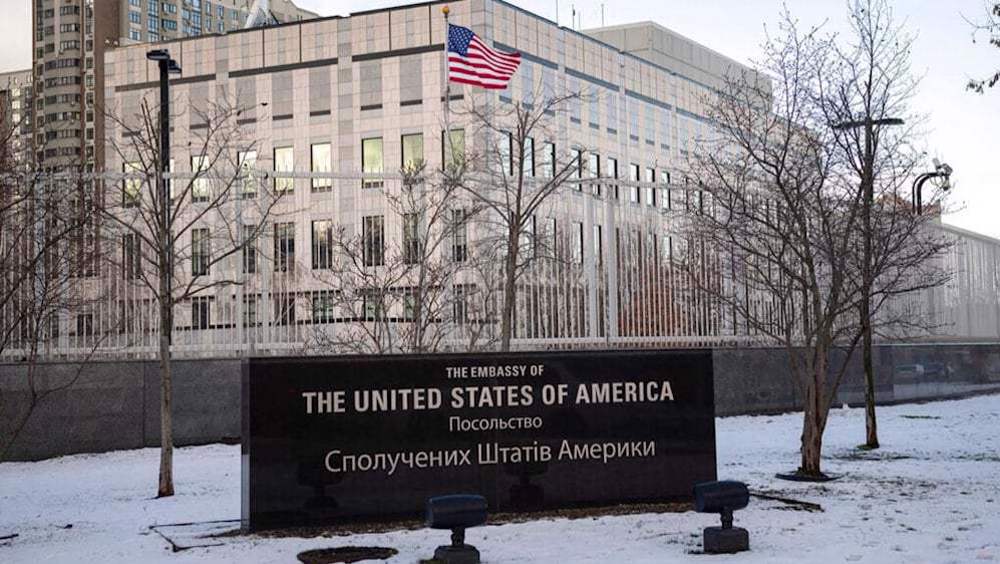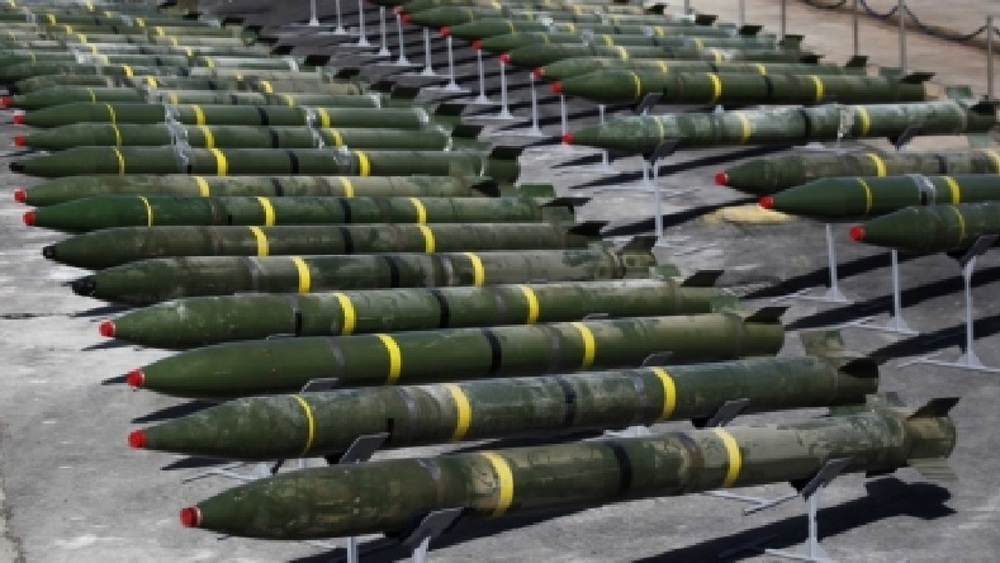New clashes kill three army soldiers in east Ukraine: Military
The Ukrainian military has announced the death of three of its soldiers in a fresh wave of clashes between government troops and pro-Russia forces in the country’s troubled east.
"Over the past 24 hours, as a result of the hostilities, three Ukrainian soldiers have been killed and eight more wounded,” Andriy Lysenko, a spokesman for Ukraine’s military, said on Monday.
Lysenko said the fatalities occurred as a result of "escalated" violence around the eastern Donetsk region and the strategic portal city of Mariupol, which is currently held under Ukrainian government’s control.
The spokesman further noted that the fighting has intensified compared to a month ago and accused pro-Russia forces of "actively using heavy weapons" including a Grad multi-rocket launcher.
The new development comes a day after five Ukrainian soldiers were killed and four others sustained injuries in clashes near the volatile Donetsk region, bringing the death toll to at least eight over the past two days.
Earlier this month, France and Germany held a round of talks with Kiev and Moscow in the German capital of Berlin as part of mediation efforts to try to hammer out a lasting peace deal in Ukraine conflict but no consensus was reached over the issue.
Conflict erupted in eastern Ukraine after people in the country’s Black Sea Crimean Peninsula voted for unification with Russia in March 2014. The West describes the development as Moscow’s annexation of the territory. The US and its allies in Europe also accuse Moscow of having a major hand in the crisis in eastern Ukraine, a charge that Moscow denies.

Ukraine’s eastern provinces of Donetsk and Lugansk have witnessed deadly clashes between pro-Moscow forces and the Ukrainian army since Kiev launched military operations later in April 2014 to crush pro-Moscow protests there.
The crisis has left over 9,300 people dead and over 21,000 others injured, according to the United Nations.
In September 2014, the government in Kiev and the pro-Russians signed a ceasefire agreement in the Belarusian capital city of Minsk in a bid to halt the clashes in Ukraine’s eastern regions.
They agreed on 12 points, including pulling back heavy weapons, releasing prisoners, setting up a buffer zone on the Russia-Ukraine border, and allowing access to international observers.
The warring sides also inked another truce deal, dubbed Minsk II, in February 2015 under the supervision of Russia, Germany and France.
Since then, however, both parties have on numerous occasions accused each other of breaking the ceasefire.
VIDEO | 85% of Yemeni displaced people face daily hunger crisis
US House passes bill targeting charities and pro-Palestine groups
VIDEO | Supporting Gaza genocide
Hezbollah attacks Israeli forces after Lebanese homes blown up
World leaders, states hail ICC arrest warrants for Netanyahu, Gallant
MP: US accountable for possible Israeli 'foolishness' to attack Iraq
VIDEO | Israeli policies strangle Palestinian agriculture, economy
Iran's president offers condolences to Pakistan over terrorist attack










 This makes it easy to access the Press TV website
This makes it easy to access the Press TV website